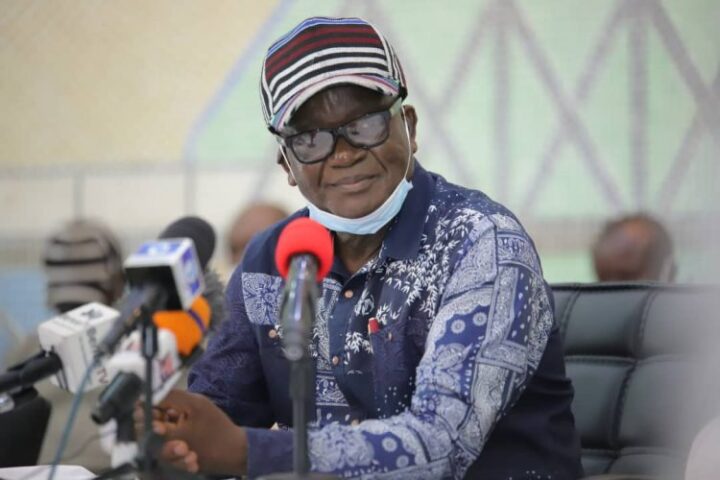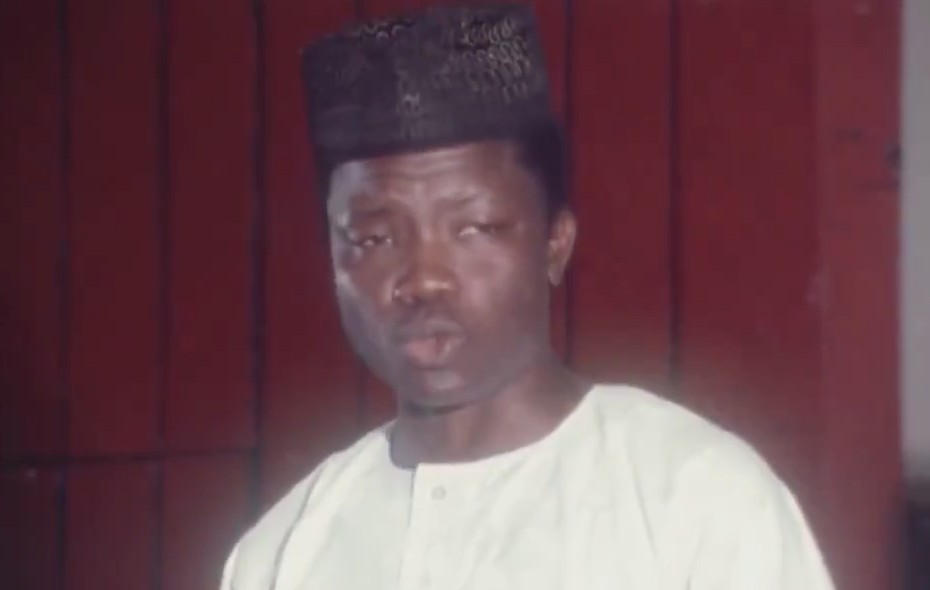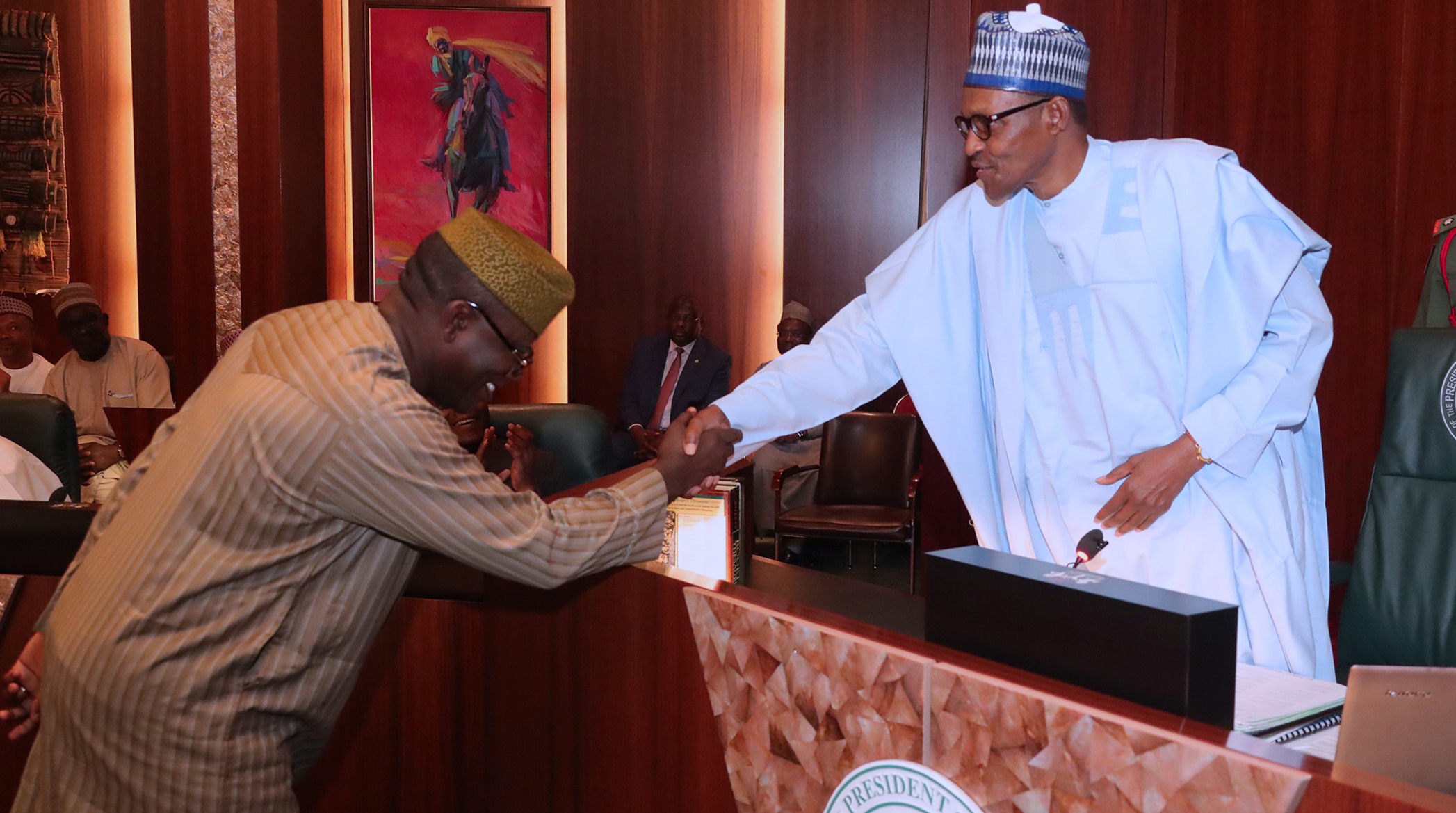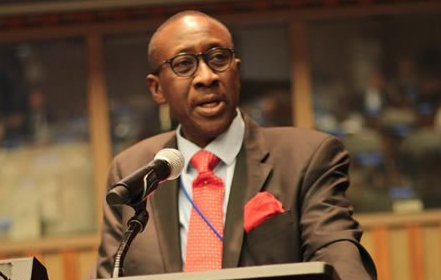There is the street language of “money talks”. Translated in street value, it means that money has so much power that it can virtually do anything for the owner, command authority and bend people into oxymoronic genuflection or sustained obsequiousness. Money talks.
Perhaps, this is why in 1969, the British Author, James Hadley Chase, real name, Rene Lodge Brabazon Raymond, wrote the thriller, The Whiff of Money. Only a few can resist the scent or the temptation of money. Some pursue it inordinately and find out at the very end even with loads of it that life is nothing but vapor.
In Nigeria, the pursuit of money is more aggressive and more grotesque. Governments make budgets and steal half of the money. National Assembly members earn so much of it and are yet unable to visit their villages for fear of being killed or kidnapped. Young men and women go into yahoo yahoo business and engage in voodoo to make cash. That was before kidnappers realized that you can make a booming trade out of the business especially when the government is insipid and far away from reality. Money talks.
As a country, we throw cash at problems and earn vacuity as rewards. Is that not the reason we throw billions of naira every year at fixing our refineries and yet tax the ordinary fellow on the streets for our failure to earn even a little result? We fail to align cash with planning and reality, and what confronts us is that the country lives from day-to-day and hand-to-mouth, while only those who preside over the looting of the commonwealth sing hosanna about the biggest economy in the continent that cannot feed nearly half of its people. Money talks.
Advertisement
I can announce with excitement this morning that since the Federal Executive Council (FEC), on February 10, 2021, made a payment approval for the Digital Switchover (DSO), both the regulator, National Broadcasting Commission (NBC) and the Ministry of Information and Culture have gone on maximum overdrive to achieve projected results. For once, I will try to overlook the subterranean maneuvers and contradictions within the implementing organizations, to focus on what can be taken for real tangible roadmap that was recently released. They don’t seem to be throwing money this time; there seems to be a conscious effort to align money with planning. Even then, there are too many open questions that can hardly be ignored.
Money talks. Now empowered to meet residual debts, Acting Director General of the NBC, Prof. Armstrong Idachaba, with the support of the Minister, Alhaji Lai Mohameed, penultimate week, released a switchover timeline which, we hope, will weather intervening situations going forward. The reason being that in the November/December edition of 2015, ITU News, had warned that countries like Nigeria, where demand for terrestrial television is strong, Digital Switchover would be a long and complex process and called for the involvement of stakeholders and an information campaign promoting the availability of free-to-air digital terrestrial Television.
With all the warning, this writer cannot be sure whether anybody thought the process was going to be this convoluted and tortuous. Nigeria has missed the Digital Switchover window twice, 2015 and 2020. Government has thus acted to save a failing process from becoming an international embarrassment, you know, as a country that cannot manage any process to conclusion.
Like a man challenging the nation to hold him to his words, Idachaba said of the timeline: “Phase 2 of the Nigeria DSO will commence with roll out in the most populous and commercially viable locations of Lagos, Kano and Rivers states as well as Yobe and Gombe states. This departure from the initial roll out plan of six locations from each geopolitical zone was necessitated by the need to evolve a self-sustaining strategy for the DSO.
Advertisement
“The new timetable will therefore be kick-started with roll out in Lagos state on 29th of April 2021, Kano state on 3rd June 2021 and Rivers state on 8th July, 2021; on the heels of these states will be switch on of Yobe state on 15th July, 2021 and Gombe state on 12th August 2021.”
Anticipating the success that will be recorded in the process, Idachaba informed that the first Analogue Switch off (ASO) is therefore slated to take place on 28th May, 2021 in Abuja, the Federal Capital Territory. The remaining phase 1 states of Plateau, Kaduna, Kwara, Enugu and Osun will follow in June, August and September 2021. What this means is that effective from the date of Analogue Switch off, television broadcast can only be received with the DSO approved Set Top Boxes.
Money talks. Everything seems to be falling in place. The Minister has promised that nobody will be excluded from the process. Meaning that no matter the situation, a TV user should be able to receive signals.
“Before we embark on the analogue switch off in any state, we will ensure that the Digital Terrestrial Television (DTT) signal has covered at least 70% of the population in that state, while the remaining 30% will be covered by Direct-To-Home (DTH) satellite signal. Please note that once the analogue signal is switched off, no one on the system will receive television signals anymore,” the Minster said.
Advertisement
The Minister also addressed the issue of Set Top Boxes, promising that availability and cost are being addressed with the manufacturers and through the Ministry of Industry, Trade and Investment. In some other countries of the world, their governments subsidized the acquisition of Set Top Boxes in order to make them available to those at the base of the economy. Nigeria with over 40million TV homes may not be ready for direct subsidy (hey! that is only easily possible in the importation of premium motor spirits – PMS – where woolly deals are made) but the Minister is looking at other factors that can knock down prices.
However, I have my little hold back. No matter how grandiose our plans are, some TV viewers will still suffer, shut out of their only means of information and entertainment with Analogue Switch off. I have visited some places recently even in the FCT; the people who live there will not understand the meaning of Digital Switchover or Analogue Switch off in the next few years. Even if they do, they cannot afford the cost which may hover at about $60, which is only a fraction short of the minimum wage, my friend. And the little information available about the DSO has been adulterated by the poor performance of this government. There is the crying need to pump it up and keep it pure.
Okoh Aihe writes from Abuja
Advertisement
Views expressed by contributors are strictly personal and not of TheCable.
Add a comment







